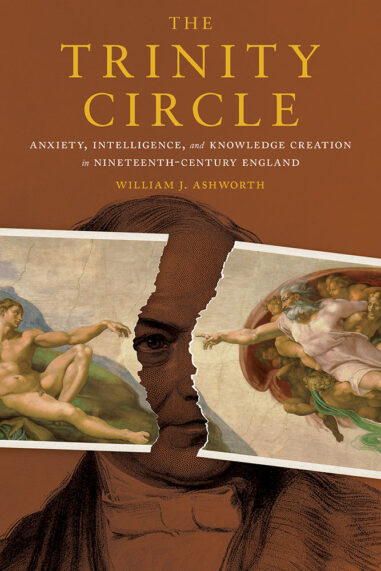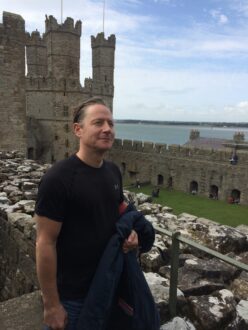
Hardcover $60.00
Request Exam or Desk Copy. Request Review Copy
The Trinity Circle
Anxiety, Intelligence, and Knowledge Creation in Nineteenth-Century England
Ashworth presents himself as a fine-structure historian, frequently drawing attention to facts others perhaps would not have noted. . . . The book offers a deeper understanding not only of the impact of the railway and other technological developments on this history, but also traces the influence of work by William Whewell and of some other Trinity men on hundreds of persons and writings and on dozens of different topics such as the philosophy of science, biblical criticism, Anglican church practices, Newtonianism, moral philosophy, and Gothic architecture.

